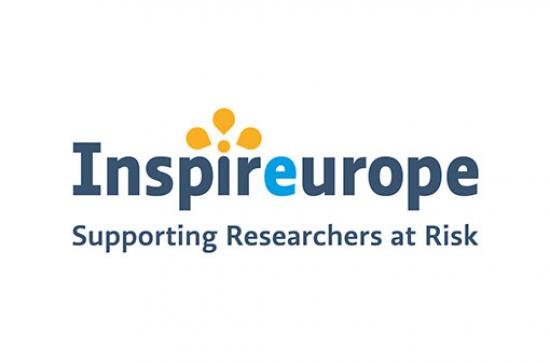Inclusion of Researchers at Risk: A new ‘Main Principle’ applying to the Marie Skłodowska-Curie Actions
This year, for the first time, the MSCA are encouraging all projects to facilitate access by researchers at risk.
The recently published MSCA Work Programme 2021-2022 includes a significant acknowledgement of the challenges faced by researchers at risk worldwide. The EU-funded Inspireurope project welcomes the inclusion of’researchers at risk’ for the first time under the main principles applying to the MSCA and is grateful for the opportunity to offer information in this regard. While the MSCA have of course always been open for applications from researchers at risk, the addition of this specific language acknowledges some of the structural and administrative hurdles faced by researchers at risk engaging the MSCA. The 2021-2022 Work Programme defines ‘researcher at risk’ as referring to “researchers at all stages of their career who are experiencing threats to their life, liberty, or research career, and those who are forced or have been forced to flee because of such threats.” The work programme’s encouragement of MSCA projects to facilitate access by researchers at risk is in line with Inspireurope’s recommendation, and could have positive and concrete implications for the careers of individual researchers, especially with regard to support services, career advancement and job search assistance.The Inspireurope project further encourages applicants to MSCA COFUNDs, Doctoral Networks and other MSCA projects to take concrete measures to facilitate increased participation by researchers at risk in this cycle of the MSCA. The Inspireurope initiative stands as a ready resource for higher education institutions, research professional organisations, industry, and non-academic sector organisations considering measures to increase support for researchers at risk. Equally, despite these positive steps, Inspireurope continues to recognise the serious obstacles facing many researchers at risk in accessing existing EU funding. We remain committed to the importance of a dedicated EU fellowship programme for researchers at risk. As the categorical inclusion of researchers at risk in the MSCA demonstrates, the many benefits and skills which researchers at risk may offer to the European Research Area is deserving of increased support.

